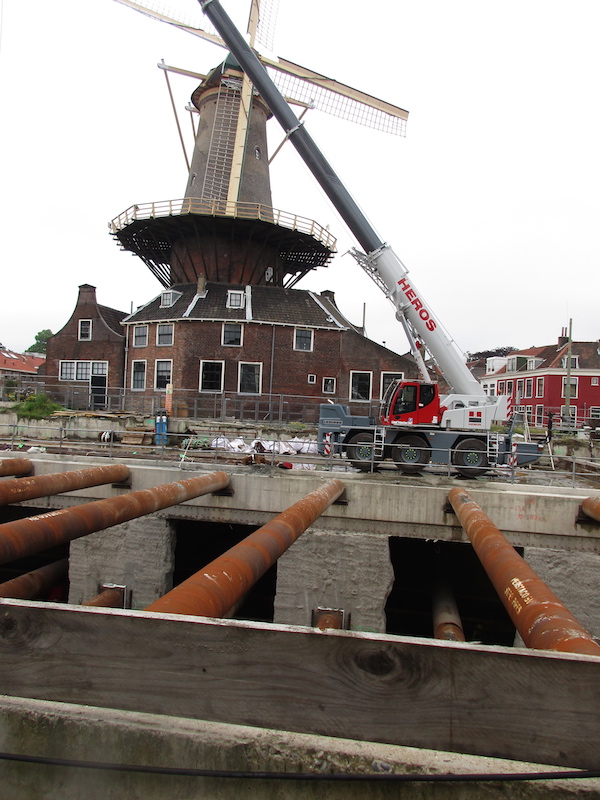The Value of Diverse Types of Knowledge

This year I had the privilege to travel to the Netherlands as part of my sabbatical research on the topic of stakeholder engagement in community planning for flood defense. The process included interviews with 15 Dutch practitioners from all levels of government, as well as private contractors, community groups and non-profit organizations. The result was 23 hours of audio recordings for me to work through in search of common themes. And while this sense-making process continues, there is one theme that already stands out prominently – the value of diverse types of knowledge.
This concept can be summarized as the need for practitioners to provide a forum that encourages all stakeholders to contribute their specific knowledge to the planning process in an effort to promote shared learning and an understanding of the situation that recognizes stakeholders’ values, needs, and interests. Or as quoted in one interview,
Local knowledge is valuable for the project, so the engagement process should include not only involving stakeholders, but also accessing their knowledge.
The concept emerges from the interviews through a variety of references. One practitioner identified the term Interactive Knowledge. The process was explained as
…developing knowledge together between research, policy, and stakeholders. Combining this knowledge is valuable because they each provide a different type of expertise and experience. …problems are too complex for any one expert to develop an effective strategy. All stakeholders have valuable knowledge to share that is necessary for the process.
Another practitioner captured the idea as joint fact finding.
A stakeholder is anyone who is impacted or knows information relevant to the project and the stakeholder engagement process involves joint fact finding with stakeholders.
While describing a specific example, another practitioner explained that
Professionals, City officials and residents together looked at pilot buildings for adaptive strategies in a knowledge development process. The local owners themselves shared the majority of valuable knowledge.
There was also recognition among practitioners though, that this concept is not universally practiced.
How can the roles of experts, academics, policy makers and other actors be coordinated and in a way that recognizes the value of all these various skills and knowledge roles? …actors at all levels is needed, which requires a battle against hierarchy since society values some actors and their knowledge over others.
As my analysis of the data continues, many provocative themes are arising and I will continue to post thoughts on these. But this concept of the value of diverse types knowledge is helping me to re-imagine my role in extension.
